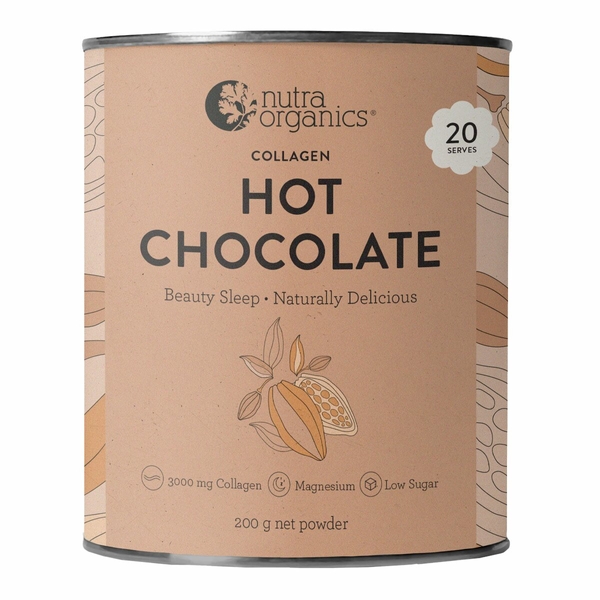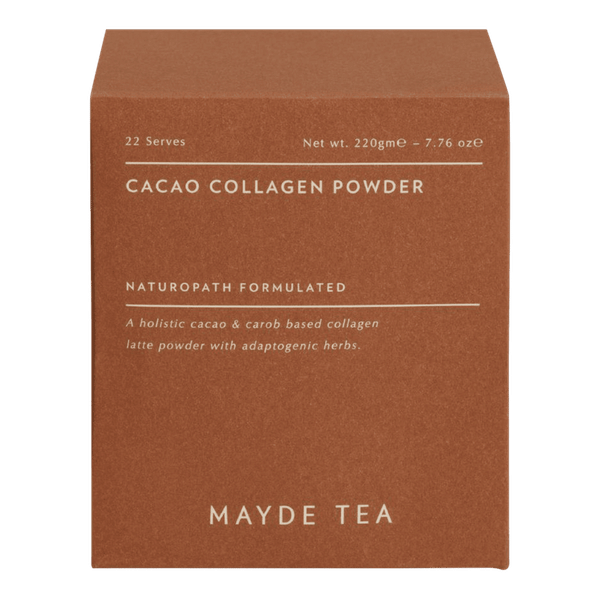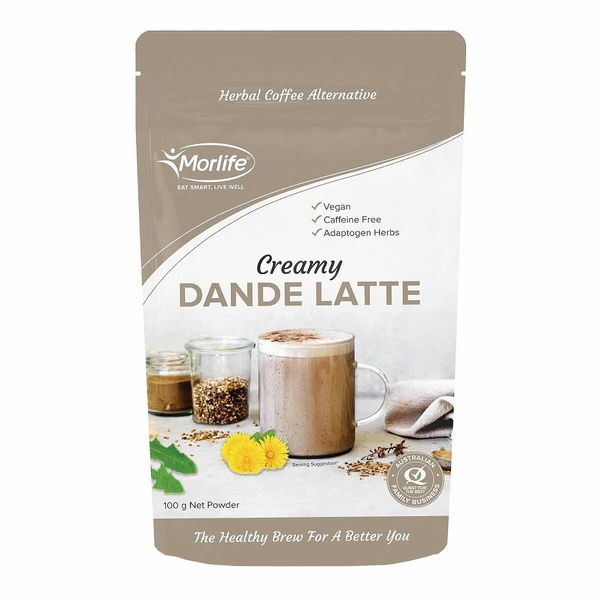
Carob
Scientific names: Ceratonia siliqua
Family: Fabaceae/Leguminosae
Alternate names: Algarrobo, Carob Flour, Carob Gum, Carob Pods, Carob Syrup, Caroube, Carouge, Charoupomelo, Fève de Pythagore, Figuier d'Égypte, Garrofero, Koumpota, Kountourka, Locust Bean, Locust Bean Gum, Locust Pods, Pain de Saint Jean-Baptiste, St. John's Bread, Sugar Pods, Tylliria
Actions: Anticancer, Antidiabetes, Antidiarrheal, Antioxidant (free radical scavenging), Antiviral, Digestive, Gastroesophageal reflux (in infants), Gastrointestinal, Hyperlipidemia, Weight loss
Background
Carob (Ceratonia siliqua) is a tree native to Mediterranean regions. Its fruit are broad pods that are eaten as food and also used in medicine.
The carob fruit contains dietary fiber and antioxidants. Chemicals in carob might have weight loss effects, reduce blood sugar and insulin levels, and lower cholesterol levels.
People use carob for diarrhea and high cholesterol. It is also used for athletic performance, diabetes, prediabetes, nausea and vomiting, obesity, and many other conditions, but there is no good scientific evidence to support most of these uses.
The carob fruit contains dietary fiber and antioxidants. Chemicals in carob might have weight loss effects, reduce blood sugar and insulin levels, and lower cholesterol levels.
People use carob for diarrhea and high cholesterol. It is also used for athletic performance, diabetes, prediabetes, nausea and vomiting, obesity, and many other conditions, but there is no good scientific evidence to support most of these uses.
Safety Safety definitions
When taken by mouth: Carob is commonly consumed in foods. It is possibly safe when used in larger amounts as medicine, short-term. It's generally well-tolerated, but some people might be allergic to carob.
Children: Carob is possibly safe when used as a thickener in formula for full-term, healthy infants. But it is possibly unsafe to use carob-based milk thickener in preterm infants. There have been two deaths thought to be related to the use of this thickener in preterm infants.
Special Precautions & Warnings:
Pregnancy and breast-feeding: There isn't enough reliable information to know if carob is safe to use when pregnant or breast-feeding. Stay on the safe side and stick to food amounts.Children: Carob is possibly safe when used as a thickener in formula for full-term, healthy infants. But it is possibly unsafe to use carob-based milk thickener in preterm infants. There have been two deaths thought to be related to the use of this thickener in preterm infants.
Effectiveness
NatMed Pro rates effectiveness based on scientific evidence according to the following scale: Effective, Likely Effective, Possibly Effective, Possibly Ineffective, Likely Ineffective, Ineffective, and Insufficient Evidence to Rate.
Possibly effective Effectiveness definitions
- Diarrhea. Drinking juice from raw carob bean or taking carob pod powder by mouth before taking standard oral rehydration solution (ORS) seems to reduce how long diarrhea lasts in children and infants.
- High cholesterol. Taking carob by mouth seems to reduces total cholesterol and low-density lipoprotein (LDL or "bad") cholesterol in people with moderately high cholesterol.
Dosing & administration
Carob is commonly consumed in foods. Carob fiber, flour, gum, pod extract, pod powder, and pulp have all be used as medicine in varying doses. Speak with a healthcare provider to find out what type of product and dose might be best for a specific condition.
Interactions with pharmaceuticals
Medications taken by mouth (Oral drugs)
Interaction Rating=Minor Be watchful with this combination.
Carob is a type of fiber. Fiber can change how much medicine the body absorbs. Taking carob along with medicine you take by mouth can change the effectiveness of the medicine. To prevent this interaction, take carob 30-60 minutes after medications you take by mouth.
Interactions with herbs & supplements
Calcium: Carob seems to reduce the amount of calcium that the body absorbs.
Iron: Carob seems to reduce the amount of iron that the body absorbs.
Zinc: Carob seems to reduce the amount of zinc that the body absorbs.
Iron: Carob seems to reduce the amount of iron that the body absorbs.
Zinc: Carob seems to reduce the amount of zinc that the body absorbs.
Interactions with foods
There are no known interactions with foods.
Products
View all productsPer 10 g
- Ceratonia siliqua (pod) powder (Carob)
- Theobroma cacao (Cocoa powder) 5.5 g
- Magnesium
- Hydrolysed collagen
- Natural vanilla flavour
- Coconut medium-chain triglyceride (Coconut MCT)
- Siraitia grosvenorii (Monk fruit)
- Thaumatin
- Hippophae rhamnoides
- Pink Himalayan crystal salt
RRP: $29.95$25.46Save: 15%
Create account
$47.00
Create account
Per 5 g:
- Ceratonia siliqua (pod) powder (Carob) 0.9 g
- Taraxacum officinale 1 g
- Hordeum vulgare (Barley) 0.9 g
- Natural flavours
- Siraitia grosvenorii (Monk fruit)
- Xanthan gum
- Phoenix dactylifera (Date)
- Ficus carica (fruit) (Fig fruit)
- Eleutherococcus senticosus ext. 50 mg
- Panax ginseng ext. 50 mg
- Glycyrrhiza spp. ext. 50 mg
- Zingiber officinale ext.
- Piper nigrum ext.
RRP: $16.95$14.41Save: 15%
Discontinued by Morlife
Create account
vital.ly has licensed monographs from TRC Healthcare.
This monograph was last reviewed on 18/11/2024 11:00:00 and last updated on 19/09/2020 01:00:15. Monographs are reviewed and/or updated multiple times per month and at least once per year.
Natural Medicines disclaims any responsibility related to medical consequences of using any medical product. Effort is made to ensure that the information contained in this monograph is accurate at the time it was published. Consumers and medical professionals who consult this monograph are cautioned that any medical or product related decision is the sole responsibility of the consumer and/or the health care professional. A legal License Agreement sets limitations on downloading, storing, or printing content from this Database. No reproduction of this monograph or any content from this Database is permitted without written permission from the publisher. It is unlawful to download, store, or distribute content from this site.







